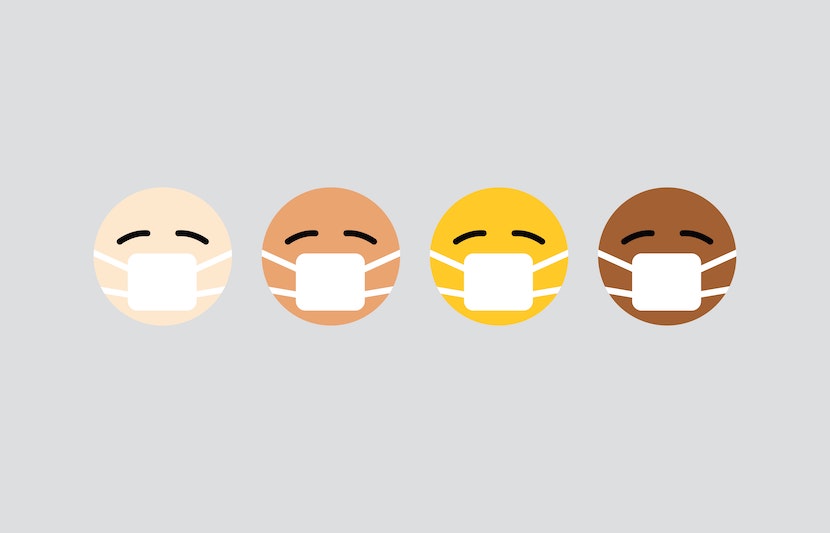-
Language-Learning Window Shuts Later Than Expected
Learning a new language is often said to be easiest for young children, but the window is open for much longer than once thought. According to a new study by a team of researchers from MIT, Boston College and Harvard University, the window is open until the age of 17 or 18. For the study,… Read More
-
What Signals Are Men with Flashy Cars Sending to Women?
Men driving flashy cars, or otherwise blatantly showing off their wealth, are perceived to be sending a clear message to women that they are more interested in short-term relationships, a new study suggests. The researchers — University of Michigan research assistant professor Daniel Kruger and University at Buffalo clinical assistant professor Jessica Kruger — conducted… Read More
-
Why Do We Vote the Way We Do?
When faced with a political ballot, voters have a lot to process. Factors concerning a candidate’s party affiliation, stance on issues and political experience are at the forefront of a voter’s mind on Election day. With so many options, too many details, casting a vote can sometimes feel like a cumbersome process. Deciding who will… Read More
-
Why Do Most Women Prefer More Masculine Faces?
Why do the majority of women prefer more masculine faces in men? Previous research has suggested this is due to changes in women’s fertility hormones and the idea that masculine men appear to have a greater genetic “fitness” for reproduction. A team of researchers from the University of Glasgow, however, has recently found that women’s… Read More
-
Does Parental Support Help or Hinder Children’s Career Success?
College graduates who receive direct financial support from their parents have greater career success, according to a new study. “The question underlying this work was whether parental support gives adult children an advantage or hinders their development,” Anna Manzoni, an associate professor of sociology at North Carolina State University and author of the study, said… Read More
-
How Parents Shape Young Adults’ Romantic Relationships
Effective parenting and a positive family climate during early adolescence may lead children to have healthier, less violent romantic relationships later in life, according to a recent study by researchers from The Pennsylvania State University. The researchers found that adolescents who reported a less conflictual family climate and parents who used effective parenting strategies, such… Read More
-
Do Emoji Skin Tone Options Help or Hurt Diversity?
A range of skin tone options for emojis was first introduced in 2015, leading to fears that the icons, if used inappropriately, would provoke negative racial sentiments online. A recent study by researchers from the University of Edinburgh in Scotland, however, has found that emoji skin tone options promote diversity, and not racism, on Twitter.… Read More
-
What if Smartphone Charge Can Last 3-5 Times Longer?
A team of researchers from the Erik Jonsson School of Engineering and Computer Science at the University of Texas, Dallas (UTD) and the University of North Texas has developed an environmentally safe, higher-power battery substitute that could lengthen battery life up to five times longer. Most smartphones and electronics use lithium-ion batteries, a type of… Read More
-
Can Exercise Make You Happier?
It is well known that physical activity can help reduce negative health conditions such as anxiety or depression, but what do we know about its effects on positive mental health? A new study by the University of Michigan shows that physical activity may result in increased levels of happiness. The researchers, Weiyun Chen, associate professor… Read More
-
New Study Shows How to Overcome Embarrassment
Mental training may be the key to overcoming embarrassment and helping people avoid humiliation or distress, a new study suggests. Researchers at Carnegie Mellon University (CMU) and the University of California, Los Angeles (UCLA) have found that when people train their mind to be an observer, rather than an active participant, in an embarrassing situation,… Read More
-
University Education Shapes Students’ Key Character Skills
In addition to its expected impact on intellectual development, university education also affects non-cognitive skills such as conscientiousness, extraversion and agreeableness, a new study suggests. The study, conducted by researchers from Monash University and the University of Sydney, suggests that university education has a positive impact on students’ character skills, with the most dramatic change… Read More
-
Living Abroad Develops Clearer Sense of Self
Living abroad increases “self-concept clarity,” or the idea that individuals have a more clear and confidently defined idea of themselves, according to a recent study conducted by social scientists at Rice University, Columbia University and the University of North Carolina. The researchers found that this trait not only increased in people who lived abroad, but… Read More
-
Subtle Blood Flow Changes Can Reveal Your Emotions
Subtle changes in blood flow color around the face reveal the mood we’re in, even before our faces move to form the expression we want, according to a groundbreaking study by The Ohio State University. This is the first study to ever document connections between blood flow color change and facial expression without facial movement.… Read More
-
Ditch Your Smartphone to Better Enjoy Time with Friends and Family
In an age of constant connection and instant access to information, many of us are tied to our smartphones. It would be advisable though to stop using our smartphones every once in a while—when we’re dining out with friends and family, for example—so we can truly enjoy our time with them. In a recent study… Read More
-
Simple Password Guidance Can Significantly Improve Account Security
A simple and effective way to make internet accounts more secure and harder to crack is by offering detailed support and guidance to technology users when creating account passwords, according to a joint study by researchers from the University of Plymouth in the UK, McGill University in Canada, and Purdue University. The paper is published… Read More
















